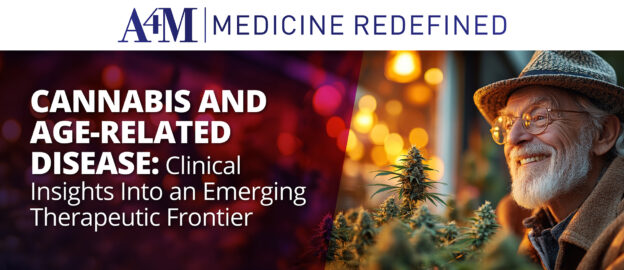In the ever-evolving landscape of cancer treatment, the emergence of Chimeric Antigen Receptor T-cell (CAR-T) therapy has marked a significant milestone. This immunotherapy harnesses the body’s own immune cells, reprogramming them to target and eliminate cancer cells.
While CAR-T therapies have shown remarkable success in treating certain blood cancers, their application to solid tumors has been met with challenges. A recent breakthrough by researchers at St. Jude Children’s Research Hospital offers a promising solution to enhance the efficacy of CAR-T therapies, particularly against hard-to-treat cancers.
Understanding the Challenge
Traditional CAR-T therapies typically target a single cancer-specific antigen present on the surface of tumor cells. However, many solid tumors exhibit heterogeneity, with varying expression of antigens across different cancer cells. This variability means that targeting a single antigen can leave subsets of tumor cells unaffected, leading to relapse and disease progression. To overcome this, scientists have explored the development of tandem bispecific CAR-T cells that can simultaneously target two distinct antigens, thereby broadening the scope of attack on the tumor.
The Computational Breakthrough
Designing effective tandem CAR-T cells has been a complex and resource-intensive process. The challenge lies in ensuring that the dual-targeting CAR constructs are expressed efficiently on the T-cell surface and retain their cancer-killing functionality. Addressing this, the team at St. Jude developed a novel computational tool that can rapidly design and optimize tandem CAR constructs. This tool systematically screens numerous theoretical designs, evaluating their potential efficacy and selecting the most promising candidates for further development.
Dr. Giedre Krenciute, a co-corresponding author of the study, emphasized the significance of this advancement, stating, “We have developed and validated a computational tool that can significantly accelerate the design of tandem CAR constructs with improved surface expression and anti-tumor function.” The research, published in Molecular Therapy, demonstrates how computational optimization can streamline the development of CAR-T therapies, making them more effective and accessible.
Experimental Validation
To validate the computational predictions, the researchers synthesized the top-ranked tandem CAR constructs and tested them in preclinical models. The results were promising; the optimized CAR-T cells exhibited enhanced surface expression and superior anti-tumor activity compared to traditional single-target CAR-T cells. These findings underscore the potential of computational tools in accelerating the development of more potent and versatile CAR-T therapies.
Implications for Cancer Treatment
The ability to design CAR-T cells that can target multiple antigens simultaneously opens new avenues for treating a broader range of cancers, including those that have been resistant to conventional therapies. By improving the specificity and efficacy of CAR-T cells, this approach could lead to better patient outcomes, reduced relapse rates, and potentially, cures for cancers that currently have limited treatment options.
Furthermore, the integration of computational tools into the design process exemplifies the growing role of artificial intelligence and machine learning in biomedical research. These technologies enable researchers to analyze vast datasets, predict molecular interactions, and optimize therapeutic strategies with unprecedented speed and accuracy.
Looking Ahead
While the computational tool developed by St. Jude represents a significant step forward, ongoing research is essential to refine and expand its applications. Future studies will focus on testing the optimized tandem CAR-T cells in clinical trials to assess their safety and efficacy in humans. Additionally, researchers aim to explore the potential of combining this approach with other therapeutic modalities, such as checkpoint inhibitors or targeted therapies, to create more comprehensive treatment regimens.
In conclusion, the development of a computational tool to enhance CAR-T cell therapy marks a pivotal moment in cancer treatment. By leveraging the power of computational design, researchers are paving the way for more effective and personalized therapies that could transform the prognosis for patients with hard-to-treat cancers. As this field continues to evolve, the integration of computational tools will likely become standard practice, ushering in a new era of precision medicine in oncology.


